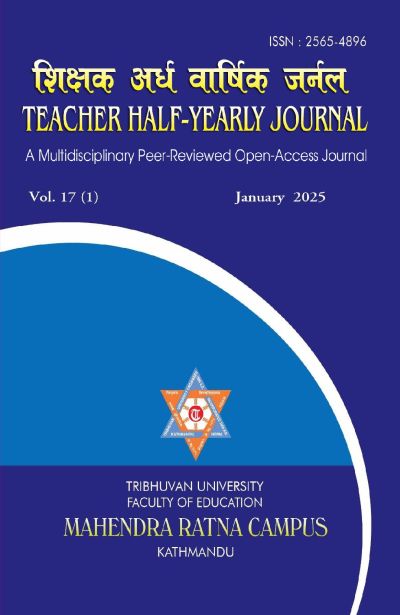Exploring the Influence of Cultural Capital Theory on English Language Education
DOI:
https://doi.org/10.3126/thj.v17i1.77903Keywords:
Cultural capital, educational institutions, inequalities, language learningAbstract
Cultural capital theory (CCT) postulates that educational systems, particularly in capitalist societies, maintain social inequalities by favoring specific cultural resources and individuals engage in constant competition for valued resources. The study selects Bourdieu’s seminal works and reviews the key concepts—cultural capital, habitus, and the field to explore the influence of CCT on English language education. Cultural capital, encompassing knowledge, skills, and experiences, exists in embodied, objectified, and institutionalized forms. Habitus, a guiding framework, influences individuals’ perceptions and actions shaped by primary and secondary socialization. The concept of the field represents the context where social positions and interactions unfold. Employing the content analysis research design, the study reviews the three concepts and the analyses highlight that students who possess greater cultural capital tend to experience increased comfort while learning the English language within the school environment. Conversely, students hailing from lower socioeconomic backgrounds may face challenges in cultivating proficiency in the English language. The study argues that cultural capital and habitus play crucial roles and have influence English language learning, extending beyond institutional policies and textbooks. The influence of these factors emphasizes the need for a comprehensive understanding of cultural dimensions in education, with implications for informing educational policies and practices.




